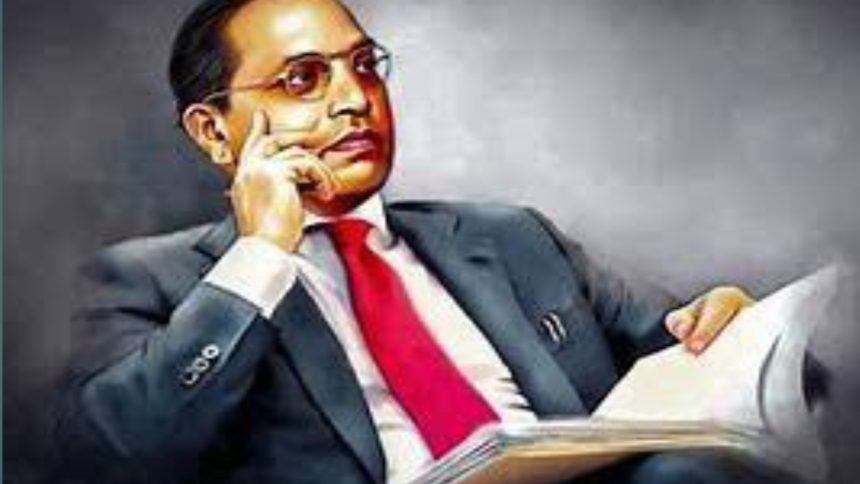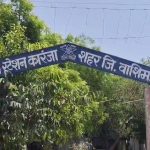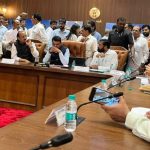Article By
Sudhir S. Kamble
BA (English), MSW
Asst. Community Development Officer,
Sangli
A True Icon Of Social Reforms
Mumbai : Dr. B.R. Ambedkar, affectionately known as Dr. Babasaheb Ambedkar, was a renowned Indian jurist, economist, social reformer, and politician. Born on April 14, 1891, in Mhow, Madhya Pradesh, Dr. Ambedkar belonged to the Mahar caste, considered untouchables, and faced severe socio-economic discrimination. Despite these challenges, Dr. Ambedkar became the only untouchable enrolled at Elphinstone High School and later graduated from Elphinstone College, University of Bombay. He was awarded a Baroda State Scholarship to study economics at Columbia University in New York City, where he passed his M.A. exam in June 1915. He later received his PhD degree in economics at Columbia in 1927.Dr. Ambedkar’s early life was marked by struggles with untouchability, but his determination and academic prowess earned him recognition.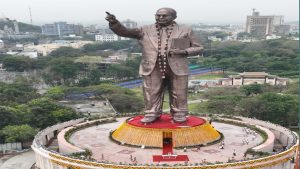
He was the 14th and last child of Ramji Maloji Sakpal, an army officer who held the rank of subedar, and Bhimabai Sakpal. His family was of Marathi background from the town of Ambadawe in the Ratnagiri district of modern-day Maharashtra. Dr. Ambedkar’s ancestors had long worked for the army of the British East India Company. Dr. Ambedkar was a fierce opponent of untouchability and the caste system. He began with public movements and marches to open up public drinking water resources and later led a satyagraha in Mahad to fight for the right of the untouchable community to draw water from the main water tank of the town. He also began a struggle for the right to enter Hindu temples.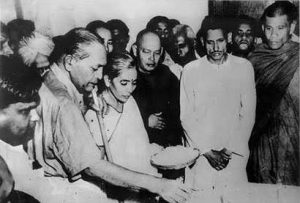
In 1932, the British colonial government announced the formation of a separate electorate for “Depressed Classes” in the Communal Award. Mahatma Gandhi fiercely opposed a separate electorate for untouchables, saying he feared that such an arrangement would divide the Hindu community. Following the fast, congressional politicians and activists organized joint meetings with Dr. Ambedkar and his supporters, resulting in the Poona Pact.Dr. Ambedkar’s political career was marked by his involvement in campaigning and negotiations for partition, publishing journals, advocating political rights and social freedom for Dalits, and contributing to the establishment of the state of India. He founded the Independent Labour Party, which contested the 1937 Bombay election to the Central Legislative Assembly.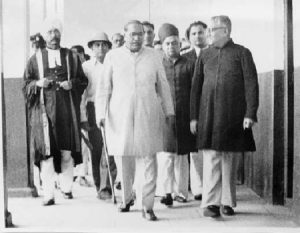
Upon India’s independence on August 15, 1947, the new prime minister, Jawaharlal Nehru, invited Dr. Ambedkar to serve as the Dominion of India’s Law Minister. Two weeks later, he was appointed chairman of the Drafting Committee of the Constitution for the future Republic of India. The Indian Constitution guarantees protections for a wide range of civil liberties for individual citizens, including freedom of religion, the abolition of untouchability, and the outlawing of all forms of discrimination.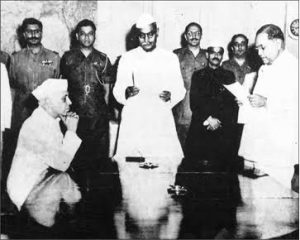
Dr.Ambedkar’s notable books include “Annihilation of Caste,” a critique of the Hindu caste system; “Thoughts on Pakistan,” an analysis of the concept of Pakistan; and “Who Were the Shudras?,” an exploration of the origins of the Shudra caste. These works showcase his intellectual prowess and commitment to social reform. Dr.Ambedkar’s legacy extends far beyond his writings. He inspired the Dalit Buddhist Movement, sparked a mass movement promoting social reform and equality, and shaped India’s Constitution and laws. His tireless efforts to promote social equality and challenge the caste system continue to inspire generations.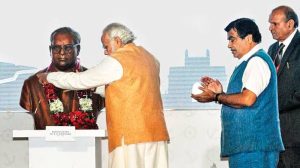
Dr. Ambedkar received the Bharat Ratna, India’s highest civilian award, posthumously conferred in 1990.Dr. Ambedkar’s key achievements include leading the Drafting Committee for India’s Constitution, serving as Law and Justice Minister, fighting tirelessly against untouchability and the caste system, and inspiring the Dalit Buddhist Movement. He received the Bharat Ratna, India’s highest civilian award, posthumously conferred in 1990, and his followers honor him with “Jai Bhim.”

